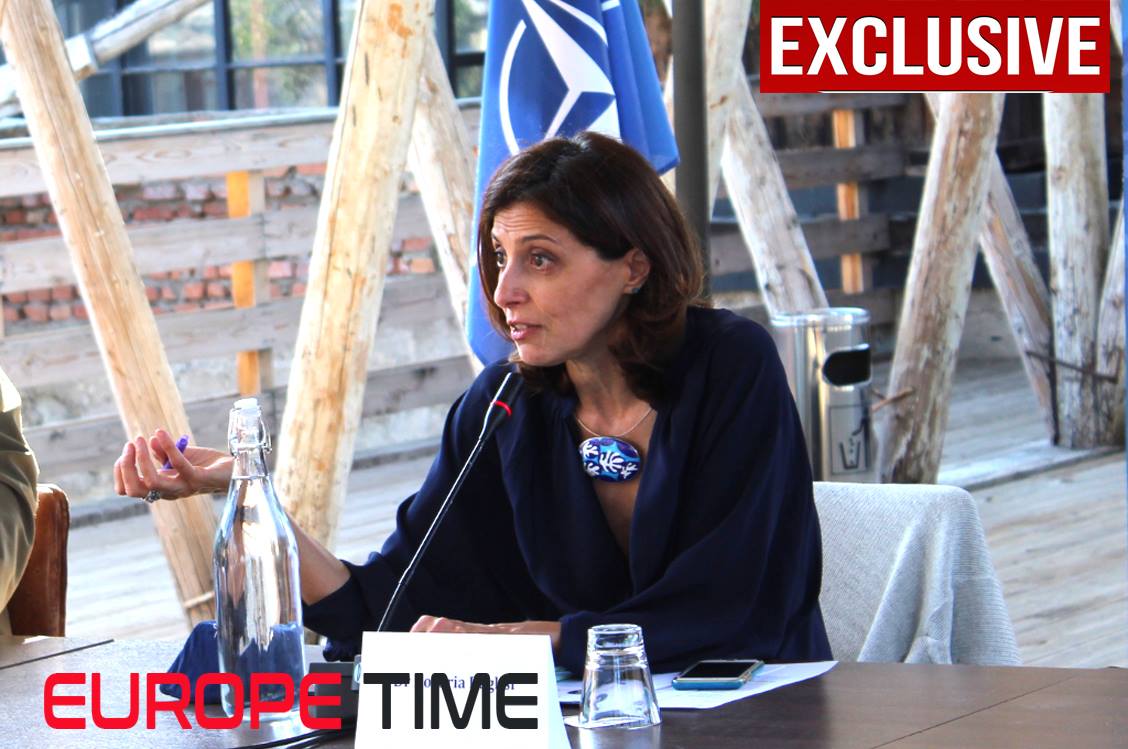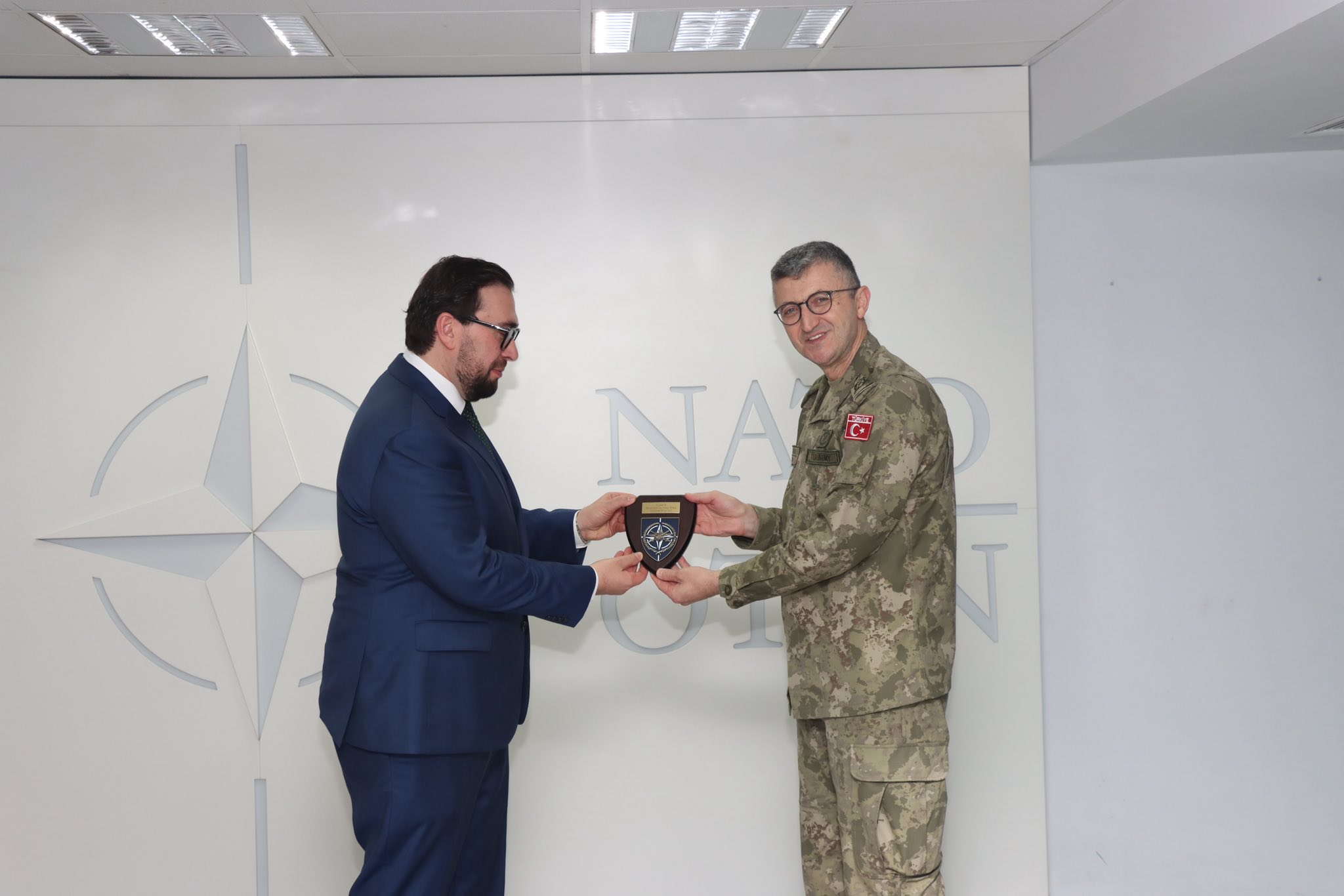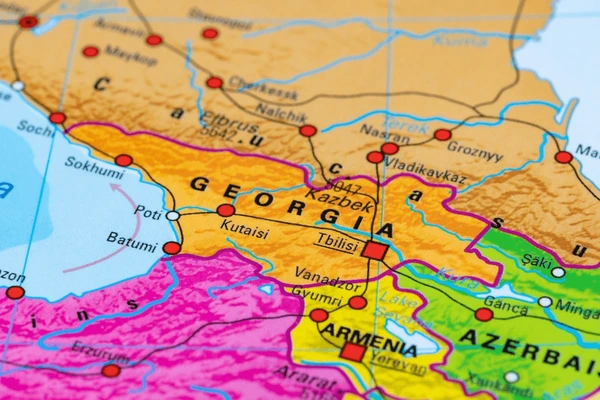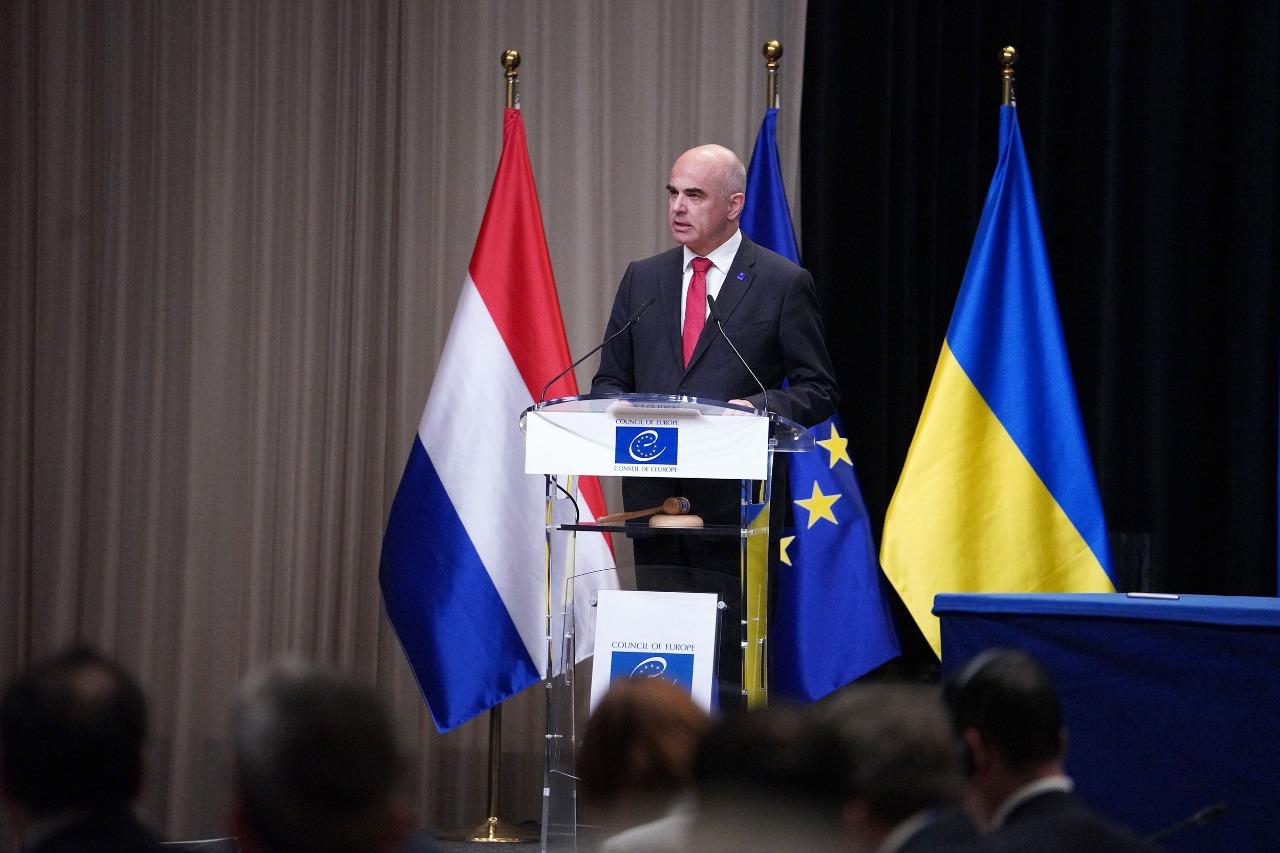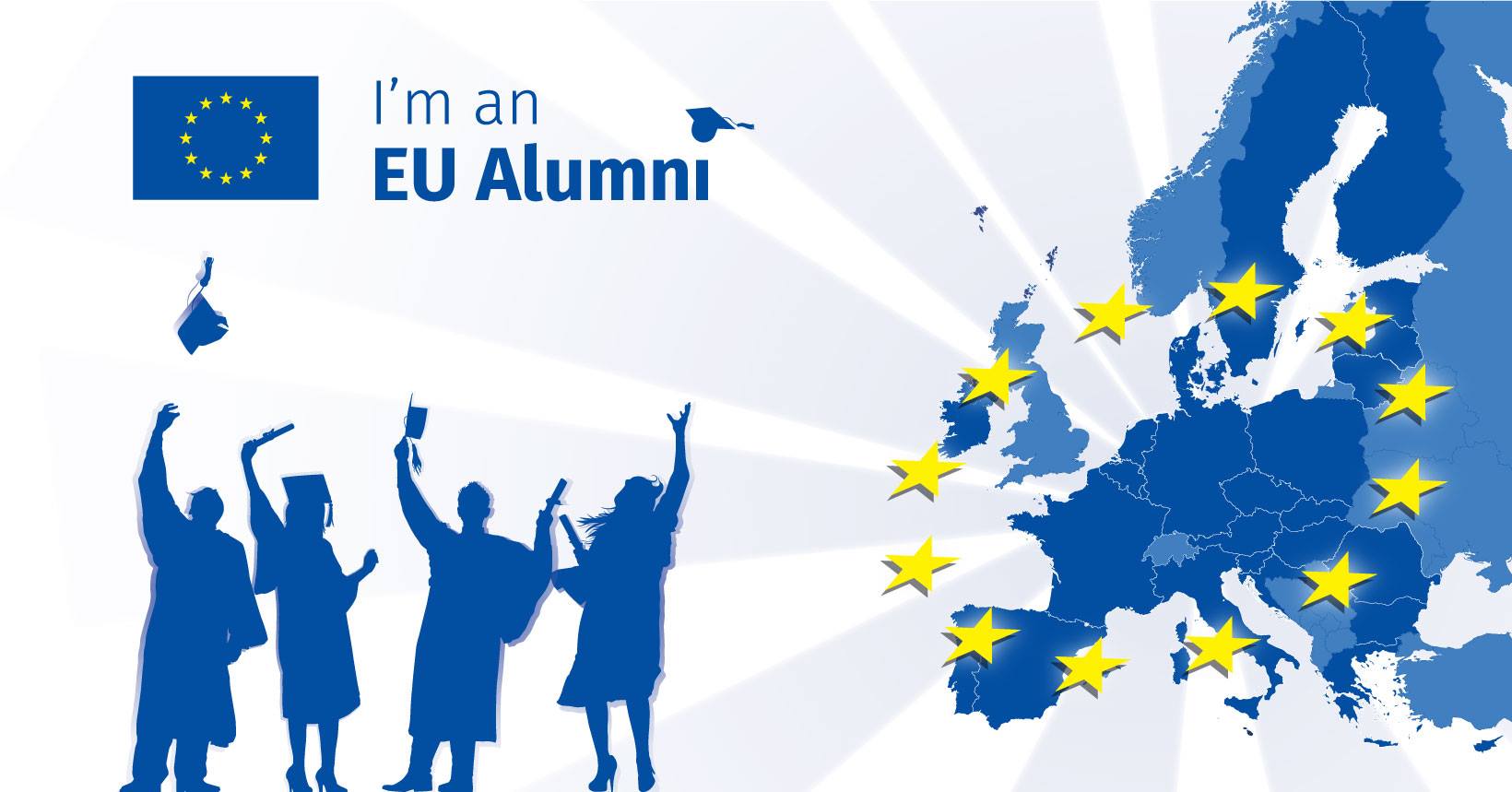Georgia and NATO are doing so many things together. All these joint efforts move Georgia forward towards NATO membership. Said Dr. Rosaria Puglisi, Head of the NATO Liaison Office in Georgia in an exclusive interview with Europetime. The NATO summit and other issues were the topics of the Europetime interview with Dr. Rosaria Puglisi.
_Can you explain the importance of the 14 June NATO Summit? What are the main takeaways for Georgia and what does it mean that so much attention in the Summit Communique was devoted to Russia?
With this Summit, NATO has opened a new chapter. All leaders around the table have said loud and clear that Europe and North America must stand strong together in NATO. This is a powerful message after a complicated period, an indication that the Alliance remains a prime place for transatlantic political dialogue. Reinstating our unity and mutual commitment is especially important at a time when authoritarian regimes, like Russia and China, challenge the rules-based order. It goes without saying that a strong NATO is important for Georgia too. The Summit Communique has very strong language on Russia. It highlights the risks it poses to the Alliance and its partners as a consequence of its continued breach of the values and the commitments that underpin the Russia-NATO relationship. Until Russia demonstrates compliance with international law and its obligations, there is no going back to business as usual–NATO leaders have stressed.
With this determination goes also NATO’s reiterated support for Georgia's territorial integrity and the repeated call for Russia to reverse its recognition of Abkhazia and South Ossetia, to end the militarization of these regions and attempts to separate them from the rest of Georgia, and to cease human rights violations, arbitrary detentions, and harassments of Georgian citizens. At the Summit, the Secretary-General repeated in no ambiguous terms that Georgia will become a member of the Alliance and that it has all the practical tools to prepare for eventual membership. With 16 ongoing initiatives and all Allies plus partners, Finland and Sweden
involved, the Substantial NATO-Georgia Package (SNGP), for example, is one of those tools. The SNGP is a unique program, a flagship of NATO’s capacity-building support to partners. Through it, NATO and Georgia are working together side by side, on a daily basis to consolidate Georgia's capabilities and prepare the country for its goal of becoming a member of the Alliance.
_Providing correct information about NATO is sometimes an issue in a country like Georgia, regularly exposed to deliberate disinformation campaigns also from its northern neighbor. People need to know what we are doing, you said during the meeting organized by the Defense and Security Committee of the Parliament of Georgia in March. What should be done to counter the challenges and threats stemming from disinformation? How to keep strong popular support for NATO membership among the Georgian public?
Keeping strong popular support for NATO and countering disinformation on NATO and Georgia's membership perspectives are, in my view, two different things. NATO support ratings in Georgia are very high. In the four years, I have been in this country, I have never seen popular approval for NATO membership go below 68%.
The real question is rather what people know about the Alliance and about all the work that NATO and Georgia are doing together to prepare Georgia for membership. Before the Covid pandemics, I used to meet a lot of people, students, teachers, business people, local authorities representatives, in Tbilisi and in the regions. What I always found striking is how little people are informed about all that is going on with NATO. The less people know, the more likely they are to buy the disinformation arguments that nothing is going on, that the alliance is neglecting Georgia, and that Georgia will never become a member. Here you, as a journalist, and I and my fellow Georgian colleagues, as foreign policy practitioners, have a shared responsibility.
We have to make sure that information on these crucial processes circulates. Disinformation can be countered only with information. I do not mean propaganda, but information. Georgia and NATO are doing so many things together: from helping build the capacity of the Georgian Coast Guard, to the exchange of information on the security situation in the Black Sea, from establishing a common knowledge of security and defense issues across different Georgianinstitutions to training the Georgian Defence Forces to full NATO standards. All these joint efforts move Georgia forward towards NATO membership. More importantly, however, they make the country better able to defend itself, to protect its territory and its people. In one word, these joint efforts make Georgia more resilient.
_We know, that one of the fundamental criteria for alliance membership is the strength of democratic institutions. What do you think, how does NATO assess the quality of these institutions?
A: The effective functioning of democratic institutions is indeed one of the distinctive treats of resilience. A country with functional and accountable institutions is better able to withstand hybrid attacks and to protect its people and territory at a time of peace, crisis or conflict. This rule applies not only to Georgia but to all countries in general.
It is not surprising, then, that at the Summit, the Alliance reiterated that it stands strong in support of Georgia’s ongoing democratic reforms. Particularly, it welcomed the recent political agreement on the Way Ahead for Georgia and encouraged all parties to stay focused on its implementation. These important reforms, NATO leaders believe, will help Georgia, an aspirant country, to progress in its preparation for membership.
Exclusive: NATO welcomes Georgian cross-party declaration ahead of the summit


